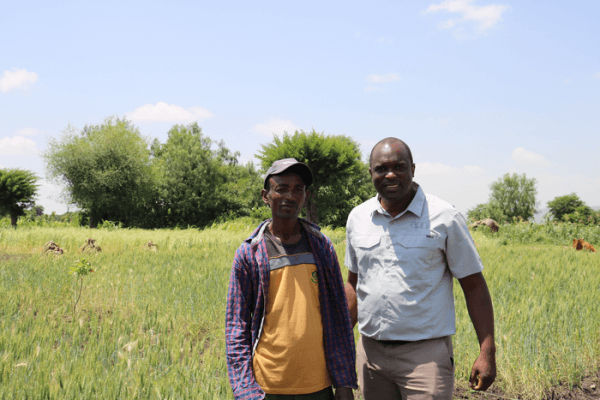Agricultural scientists are changing the way they think about how and why they do field research. A recent article published in Nature Food suggests that a key motivation for this change is the mounting evidence highlighting the limits of conventional small plot research. Historically, conventional field research has lacked applicability at scale. Critics also suggest that research has been prone to generating information that is less actionable, and is structured so that recommendations tend to trickle down from inaccessible analyses and peer-reviewed publications.
Across the world farmers regularly face a mix of economic, environmental, and social challenges. These pressures drive the demand for tailored solutions that are responsive to change. At the same time, farmers are often hampered by dwindling access to even basic support systems. They are the ultimate end users of information and recommendations generated through research. Yet, farmers have been largely removed from the process of scientific discovery.
In their article entitled “On-farm Experimentation to Transform Global Agriculture,” the team of scientists is described as a network of international institutions with the shared goals of “formalizing the emerging scientific field of OFE research,” and spearheading movement towards the development of OFE as a more widespread way of doing field research.
Read more at: African Plant Nutrition Institute
Institutions such as the African Plant Nutrition Institute (APNI) are developing on-farm experimentation initiatives that can be uniquely embedded within the management of single or groups of farms. Pictured: Ethiopian farmer (left) with Dr. Shamie Zingore, APNI Director of Research and Development (right). (Photo Credit: S. Njoroge/APNI)


